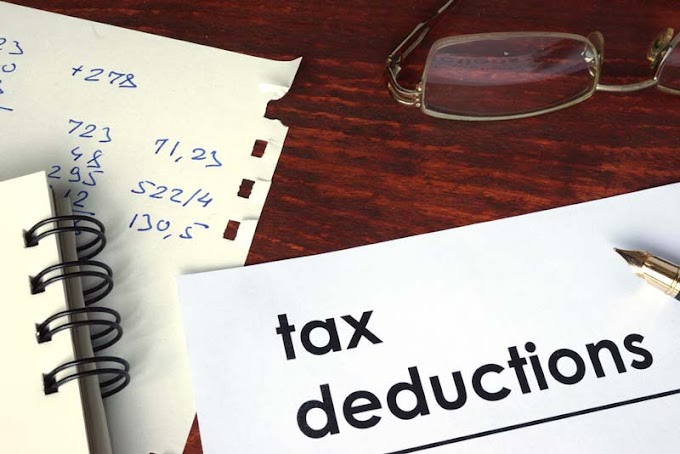Debt consolidation and bankruptcy are both financial solutions for those who are struggling with overwhelming debt. However, they are very different options with different consequences and requirements. In this article, we will explore the differences between debt consolidation and bankruptcy and help you navigate the best financial solution for your situation.
Debt consolidation is a financial strategy that involves combining multiple high-interest debts, such as credit card balances or personal loans, into a single, lower-interest loan. This can help individuals and families who are struggling to manage multiple bills and payments each month to gain greater control over their finances. It allows you to pay off your existing debts with one loan and make one payment to one lender each month.
On the other hand, bankruptcy is a legal process where an individual or business can eliminate or reorganize their debts. There are two types of bankruptcy that consumers can file for: Chapter 7 and Chapter 13. Chapter 7 is also known as a "liquidation" bankruptcy, where a debtor's assets are sold to pay off their creditors. Chapter 13 is also known as a "reorganization" bankruptcy, where a debtor's debts are reorganized and they are given a plan to pay off their creditors over a period of three to five years.
One of the main benefits of debt consolidation is that it can lower the overall interest rate on your debts. This is because the interest rate on a consolidation loan is typically lower than the rates on individual credit cards or personal loans. By consolidating your debts, you can reduce the amount of interest you are paying each month, which can help to free up more money for other expenses. Additionally, debt consolidation can also help you to pay off your debts faster. This is because you will be able to focus your payments on paying down the principal of the loan, rather than just paying the interest.
On the other hand, bankruptcy can provide a fresh start financially by eliminating or reorganizing your debts. Chapter 7 bankruptcy can discharge most unsecured debts, such as credit card debt, medical bills, and personal loans. Chapter 13 bankruptcy can allow you to keep your assets, like your home and car, and repay your debts over a period of three to five years.
However, debt consolidation and bankruptcy both have drawbacks as well. Debt consolidation can have a negative impact on your credit score, and it's important to remember that it's not a "quick fix" solution to your financial problems. It can help you to gain greater control over your finances and make it easier to manage your debts, but it will not solve all of your financial problems. Additionally, if you are unable to make the payments on your consolidation loan, you could end up in a worse financial situation than before.
On the other hand, bankruptcy can also have a negative impact on your credit score and it will stay in your credit report for up to 10 years. Additionally, it can also be a costly and time-consuming process, and not all debts can be discharged in bankruptcy.
It's important to carefully consider your options and the long-term consequences before making a decision. Debt consolidation can be a good option if you have a steady income and can make the payments on your consolidation loan. However, if your income is not enough to keep up with your debt payments, bankruptcy may be the better option. It's best to consult with a financial advisor or a credit counselor before making a decision.
In
conclusion, debt consolidation and bankruptcy are both financial solutions for
those who are struggling with overwhelming debt. However, they are very
different options with different consequences and requirements. Debt
consolidation can help you to lower your overall interest rate, simplify the
process of managing your debts, and pay off your debts faster. On the other
hand, bankruptcy can provide a fresh start financially







